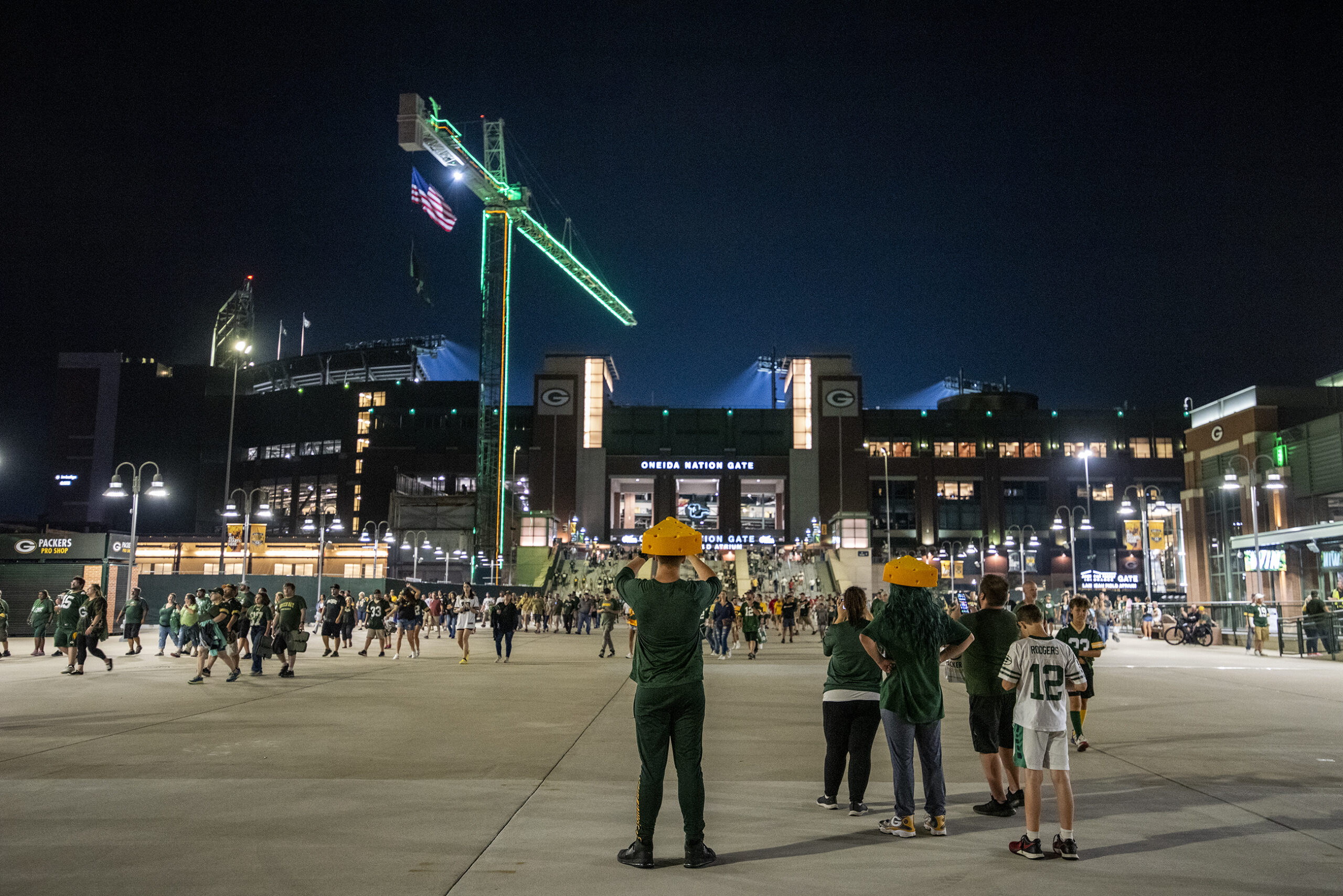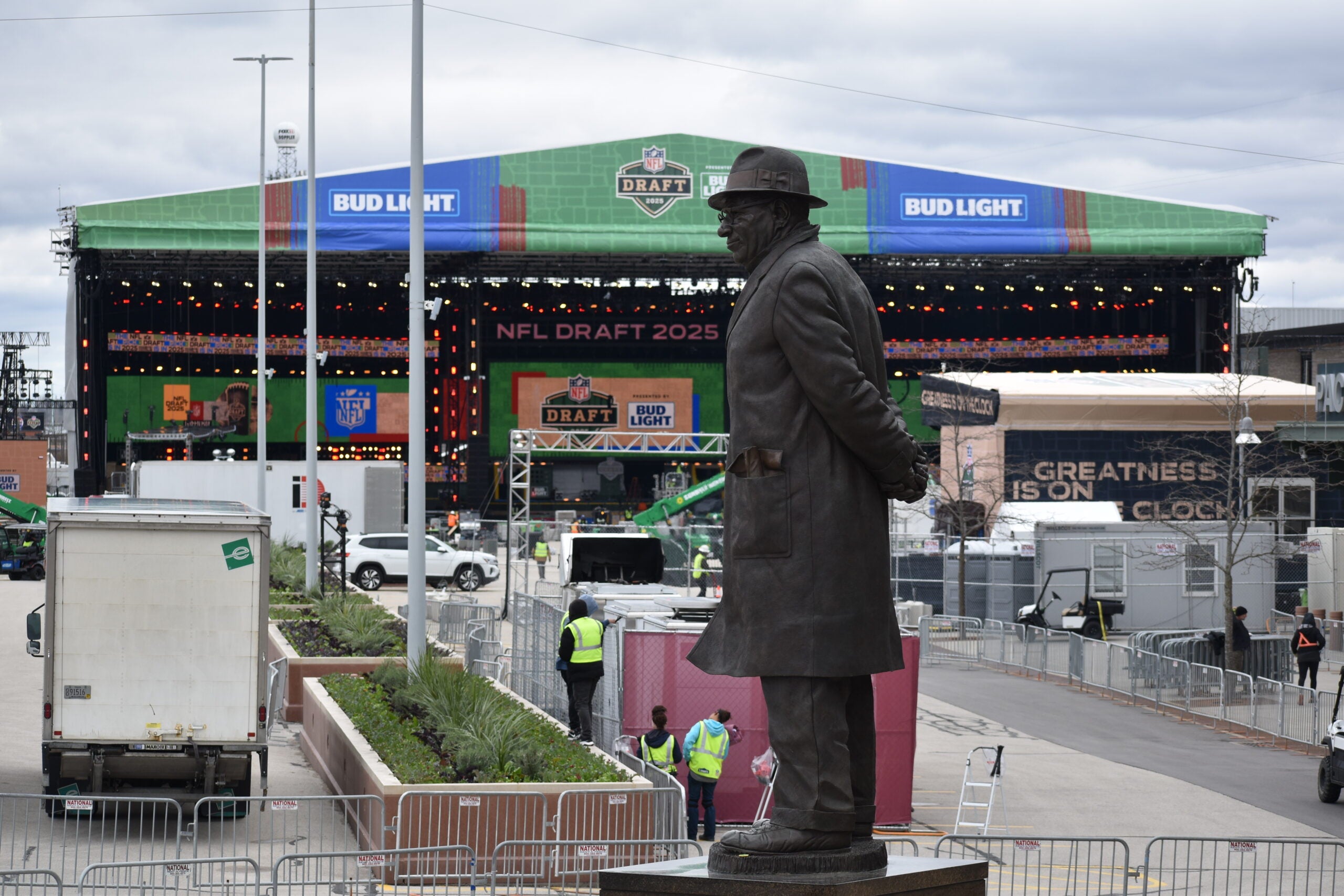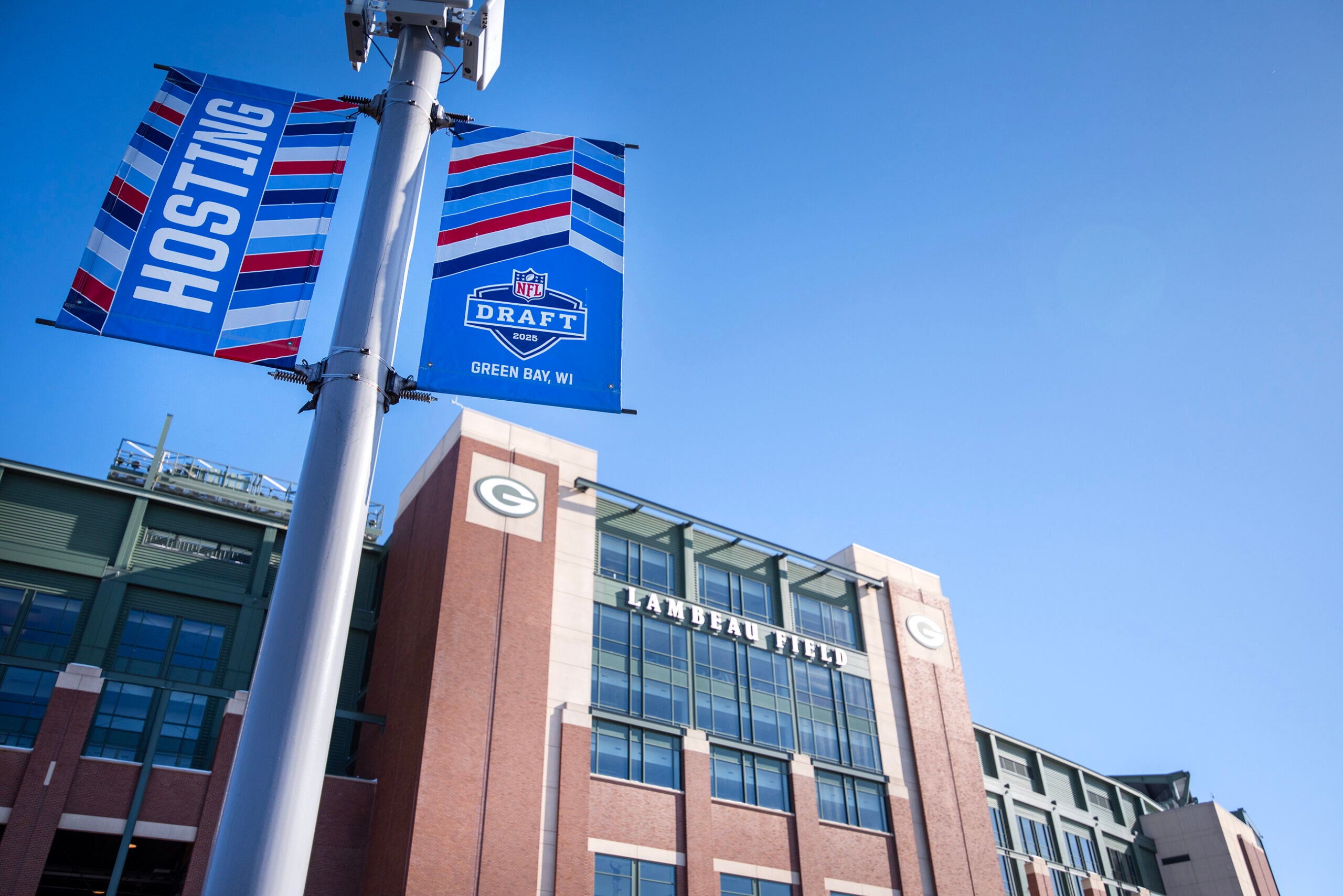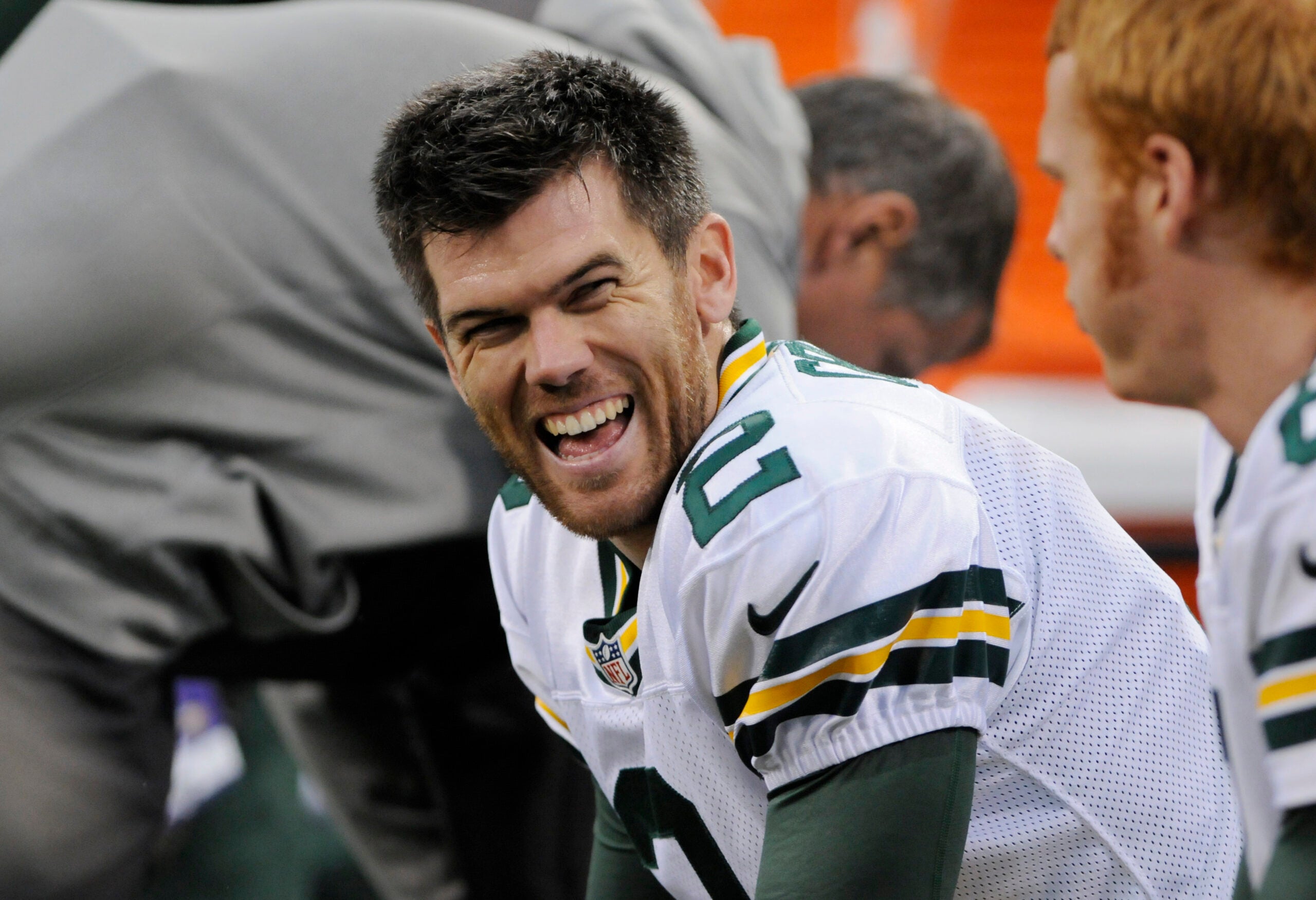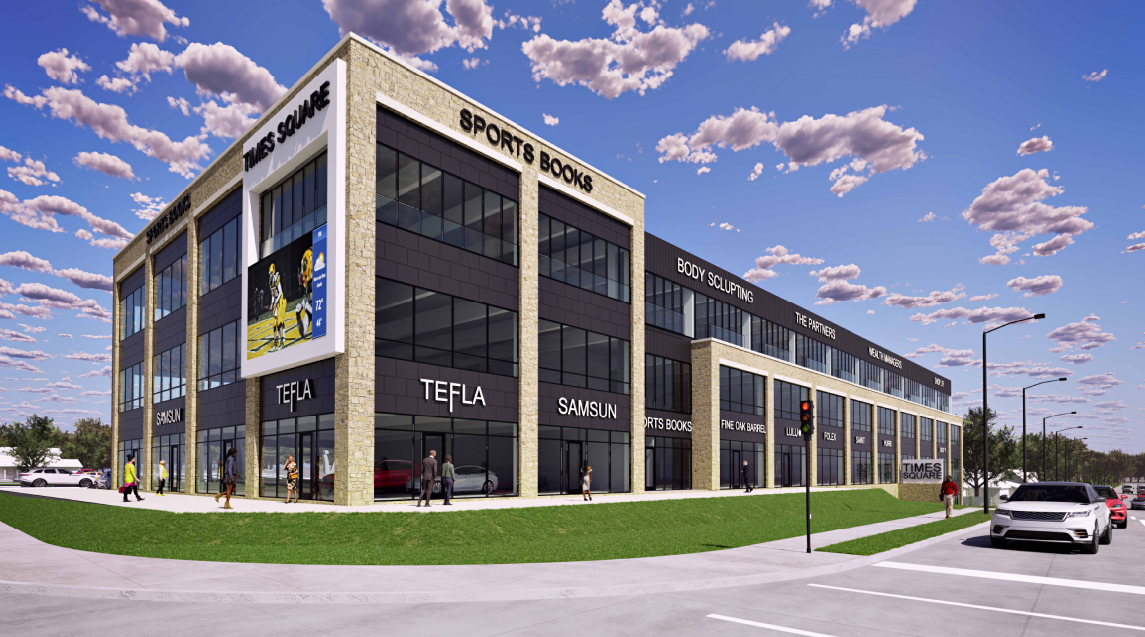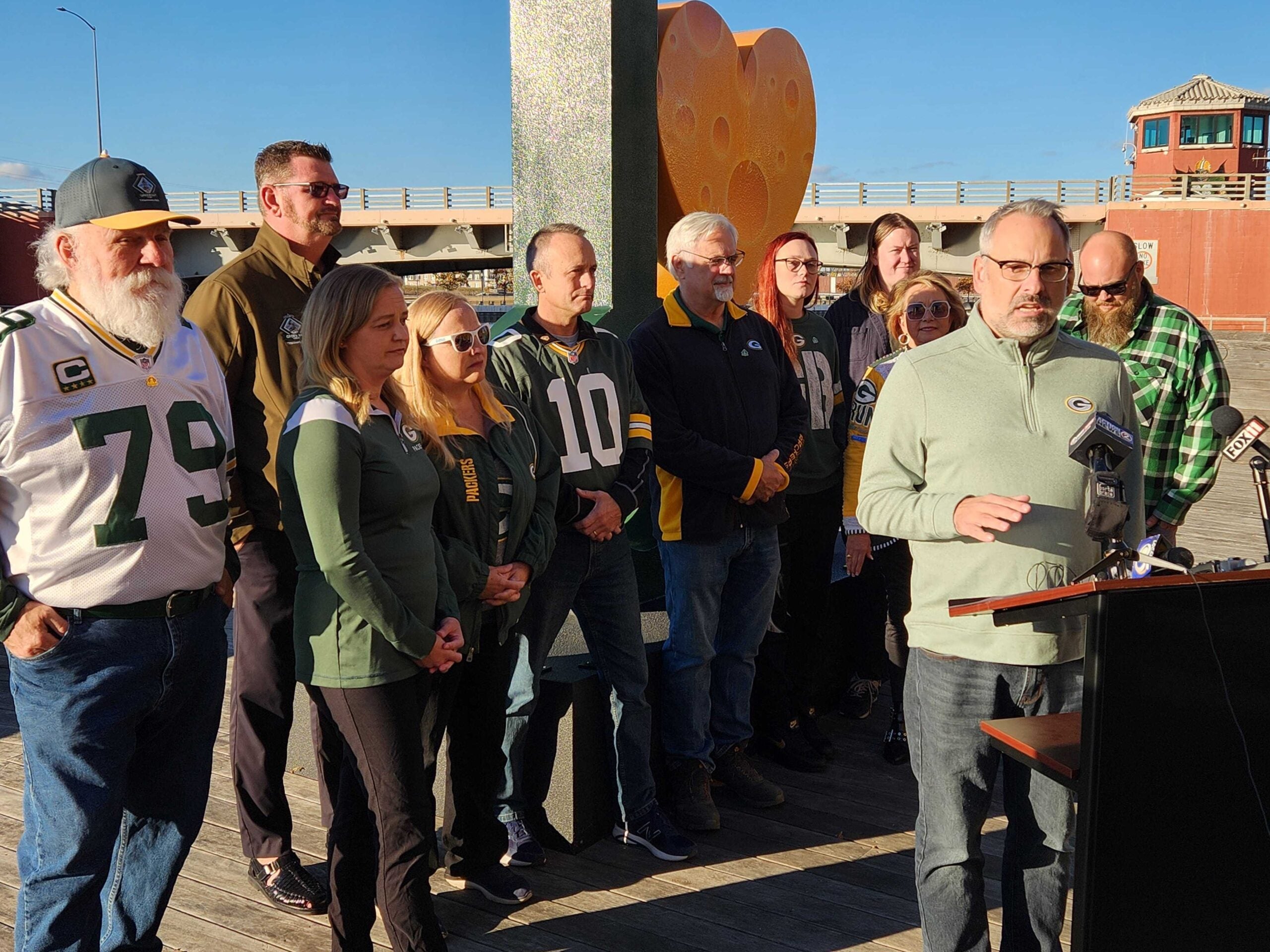The Green Bay Packers are in the midst of a contract dispute, but this time it isn’t with a star player — it’s with the city for which the team is named.
Negotiations between the Packers and the city of Green Bay to extend the lease for Lambeau Field have stalled.
The Packers’ lease with the city and the Green Bay/Brown County Professional Football Stadium District runs through 2032 with the option to extend it for another decade. The Packers reached out to the city more than a year ago with the intention of seeking a long-term extension.
Stay informed on the latest news
Sign up for WPR’s email newsletter.
But both sides have been unable to reach a mutually-beneficial agreement, and the city has chosen to pause the discussions. Because negotiations have stalled, the Packers are delaying planned renovations to the stadium set to take place this summer.
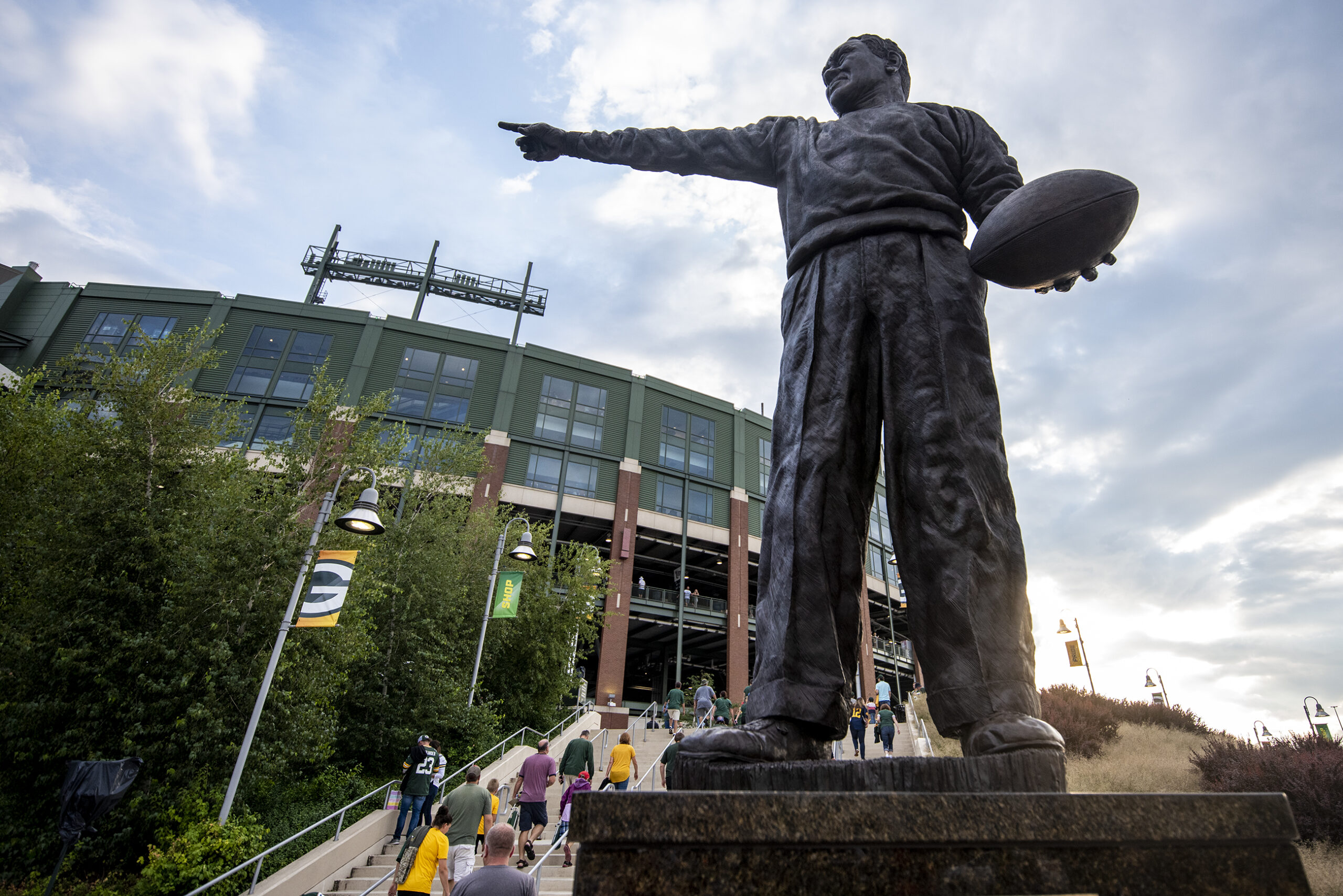
Mayor, team president weigh in
In a statement, Green Bay Mayor Eric Genrich said the Packers’ preferred terms would effectively reduce the rent they owe the city. He said it’s not a good deal for local taxpayers.
“We stand ready to re-engage on the subject of lease negotiations as soon as the City’s core priorities are legitimately acknowledged in the team’s offer,” Genrich said. “And let’s be clear: the lease we have is the one that was agreed to by both parties.”
The mayor said the team and city had productive conversations regarding reopening the terms of the lease. But when the Packers presented a formal proposal to the city, Genrich said it didn’t reflect those discussions.
“The Common Council and I are united in our assessment of the terms offered by the Packers, and if the team wants a different answer they need to bring forward a proposal that’s worthy of our consideration and in keeping with what was expressed during our conversations,” Genrich said.
Packers President and CEO Mark Murphy was asked about the negotiations at the NFL Annual Meeting this week. He said the team is disappointed negotiations have stalled, but it has no intention of leaving Green Bay.
“We’re a community owned-team. We’re gonna give back (and) we want to work things out,” he said in a video released by the team. “We’re not asking for any public money. We’ve invested a lot of money into the stadium and into the community.”
According to the Packers, the organization has spent more than $1 billion on improvements to Lambeau Field, the Titletown District and charitable contributions since the stadium was redeveloped in 2003. The team also says it provides $400 million in annual economic impact to the community.
Murphy said the team is willing to invest another $1.5 billion into the stadium in the coming decades.
“Given the uncertainty of the negotiations, we put a halt on $80 million in improvements to mostly the concourse areas and the concessions in the stadium, which unfortunately will affect our fans and also our ability to host fans for the (NFL) Draft coming up in 2025,” he said.
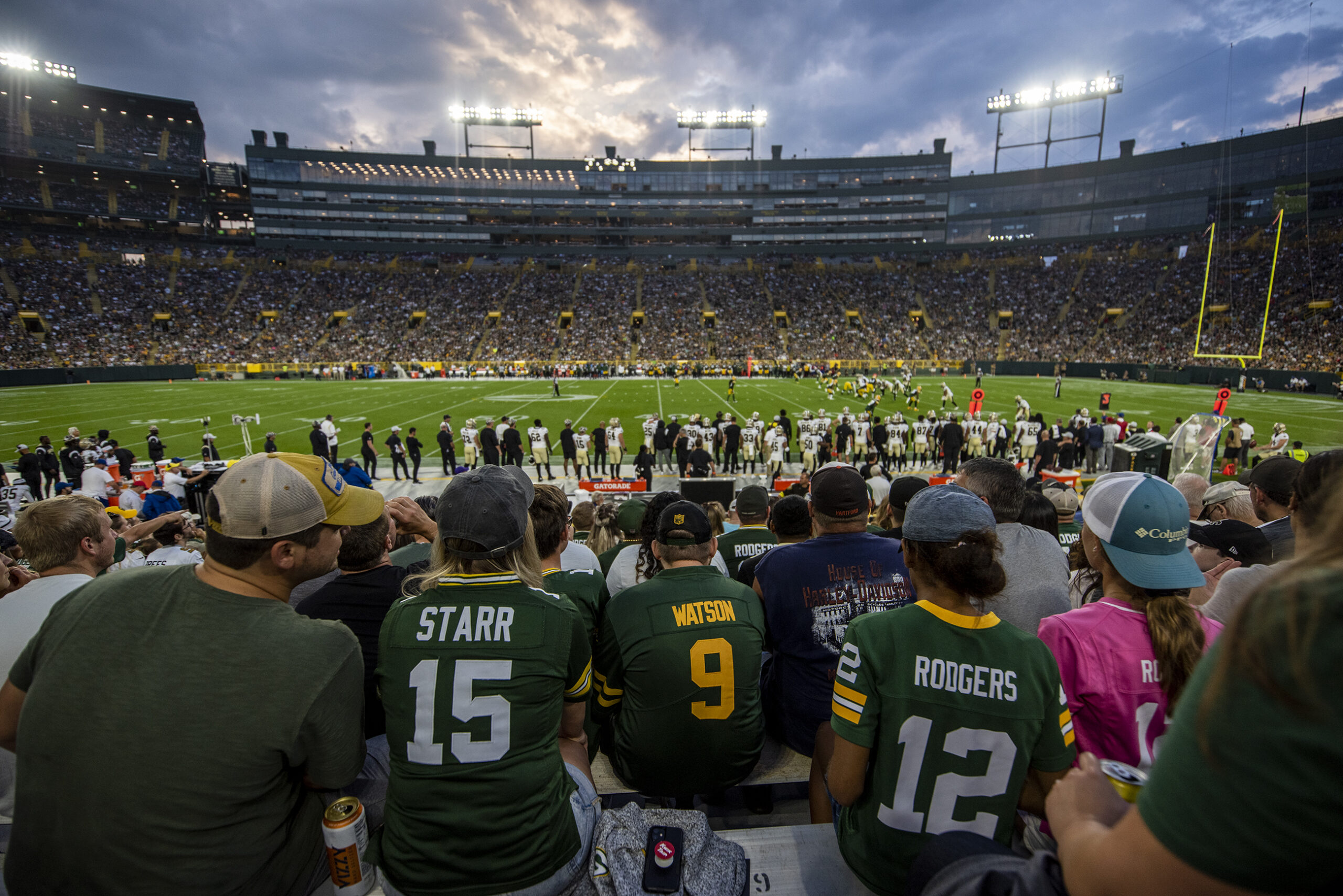
What are some of the sticking points?
According to the Green Bay Press Gazette, the Packers paid the city nearly $1.16 million for the use of Lambeau Field in 2023, including $986,277 in rent and a $171,000 administrative fee. The existing lease also includes annual increases of 2.75 percent.
Green Bay Alder Brian Johnson said the Packers’ last proposal asked to defer the 2.75 percent increases into a maintenance fund to help preserve the facility. He said eliminating that escalator from the contract is a “non-starter” for the city.
“You’re probably talking maybe $30,000 a year roughly — that’s a meaningful number to the city of Green Bay and a budget of our size,” Johnson told WPR. “It’s really not a meaningful number when you look at the $1.5 billion of investment that the Packers want to make to the facility.”
Aaron Popkey, director of public affairs for the Packers, said the team made three different written proposals to the city, but has not received a formal counter-proposal. He said the team’s recent investments into the stadium haven’t included any public money and will outlive the team’s current lease.
“The Packers feel we’re waiting for the city to give the team a counter proposal,” Popkey said. “If they have some thoughts about the recent proposal we had, we suggested and said, ‘How about a counter proposal to share your thoughts with the organization?’ That’s where we feel it stands now.”
“Simply walking away from the negotiating table for now doesn’t mean forever.”
Green Bay Alder Brian Johnson
Another point of contention is the Packers’ role in developments outside Lambeau Field, as the Titletown District is technically in Ashwaubenon — not the city of Green Bay.
Because the Titletown District isn’t in Green Bay, Johnson said those improvements haven’t contributed to the city’s property tax base, the main source of revenue for municipalities. He said the city would like to collaborate with the team on projects that have had a tough time getting traction because they lack the capital investment.
“We are just simply asking to engage in a dialogue with the Packers about ways that we can do that, and continue to drive property tax development here within the city,” the alder said. “This is something that you see in many other stadium deals across the country. This is certainly not foreign.”
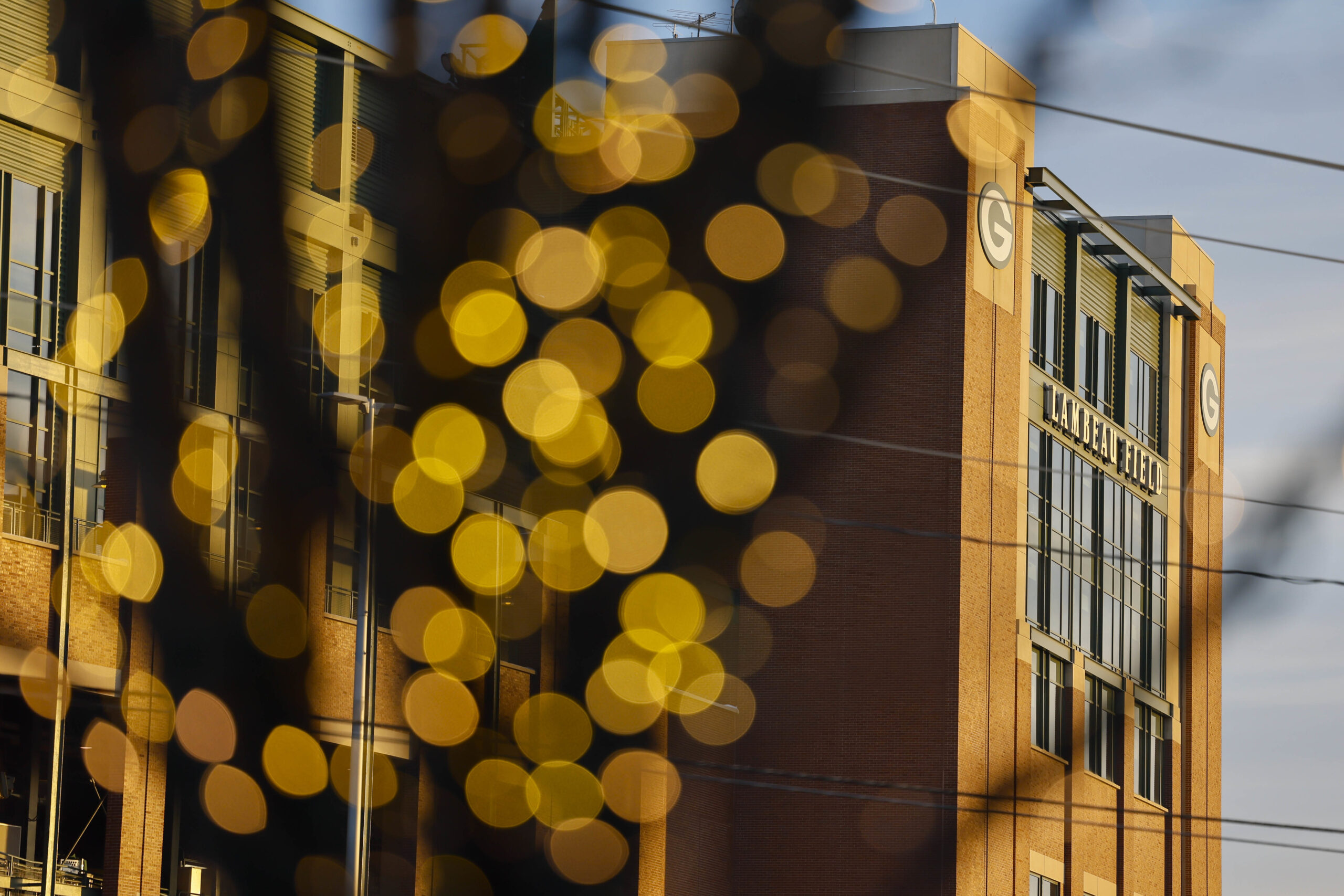
Popkey said the Packers are “absolutely interested” in collaborating with the city on development opportunities, but the organization is not looking to become “the economic development director for the city.”
“One of the points the city had asked for in our discussions was to commit to a certain amount — $150 million over 10 years — and also lead the development,” Popkey said. “And that was something we said we would not do, not be committed to an amount and especially not become the leader for that economic development.”
While the team and the city have yet to come to an agreement on the Lambeau Field lease, Johnson said he doesn’t believe the negotiations will affect efforts to host the NFL Draft next April.
“Sometimes friends disagree, but it doesn’t make them enemies and we continue to have a really good, cooperative working relationship with the Packers,” he said. “Simply walking away from the negotiating table for now doesn’t mean forever. The draft is something that is incredibly important to our community (and) we’re going to continue to work together.”
Wisconsin Public Radio, © Copyright 2025, Board of Regents of the University of Wisconsin System and Wisconsin Educational Communications Board.
